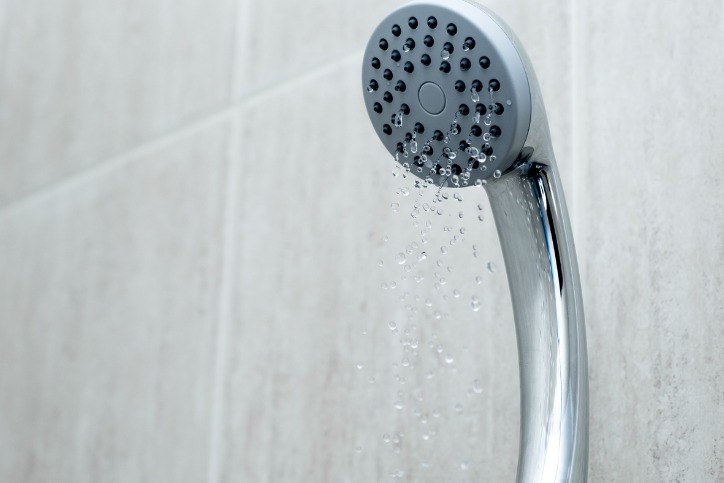Self-care can start with a full shower and skincare routine. There’s no better feeling than warm water, the clean smell of soap, and the soft touch of freshly washed and moisturized skin.
However, a shower with improper water pressure can elicit the opposite response. Low water pressure can make showering less satisfying, making it difficult to lather soap or wash off that last bit of conditioner out of your hair. Meanwhile, high water pressure can be painful. If not quickly resolved, high water pressure can even damage your home’s faucets, appliances, and plumbing system.
At Quality Plumbing of Gainesville Inc., we can help ensure your shower is always at the ideal water pressure level. No matter what your bathroom problem is, our experienced plumbers can reverse low water pressure, fix leaks, install new fixtures, and unclog shower drains promptly and efficiently. Contact us today for plumbing services in Gainesville, FL!
How To Test Water Pressure
An appropriate water pressure is a flow rate of about 2 to 2.5 gallons per minute (GPM). A flow rate below 2 GPM is too low, whereas a flow rate higher than 4 GPM is too high.
The at-home test for low water pressure is simple. Place a one-liter measuring jug under your shower. Next, turn your shower on full power. Use a phone timer or stopwatch to time how long it takes for the jug to fill with water. If it takes longer than six seconds for the jug to fill, then you may have low water pressure.
A water pressure gauge is needed when checking for high water pressure. With your water turned off, attach the gauge to a faucet. The gauge should read 0 psi before the water is turned on. If you turn on the water and the gauge reads over 80 psi, then your water pressure is too high.
What Causes Low Water Pressure?
Many factors can impact shower water pressure. Our plumbers will closely assess your showerhead to determine the cause and the appropriate treatment solution.
One common contributor to poor water pressure is mineral deposit buildup. Over time, clogs and minerals can block water flow around the nozzle and in the shower’s water system. Luckily, this problem is easy to remedy. A trusted Gainesville plumber from Quality Plumbing of Gainesville Inc. can clean out any minerals blocking the water flow from your showerhead.
In other cases, a water restrictor may cause the issue. Because they prevent the over-consumption of water, water restrictors can be a handy tool for home and apartment owners. However, if the water restrictor is dirty or prevents regular water flow, it may no longer serve its purpose. In fact, low water pressure might encourage increased water usage, as more water is needed to remove shampoo and soap scum fully.
Ask your apartment if it is okay for you to remove the water restrictor before doing so. Additionally, be mindful that without a water restrictor, it is up to the resident to track water usage and avoid expensive monthly water bills.
If neither a clog nor a water restrictor is the culprit, a dent or a fold in the shower hose may be to blame. Fortunately, our plumbing company can help. Our plumbers can replace the shower hose for you, giving you your relaxing showers back!
What Causes High Water Pressure?
High water pressure can decrease the lifespan of your home’s pipes and appliances. Don’t wait till a pipe bursts or a room floods—instead, get ahead of high water pressure with bathtub and shower repairs from our Gainesville plumbing company.
As with low water pressure, there are many potential reasons for high water pressure. For example, clogged or burst pipes can lead to a pressure imbalance within your home. When you schedule our services, our plumbing team at Quality Plumbing of Gainesville Inc. will remove clogs, repair broken pipes, and check your household’s pressure regulator for issues.
To avoid sudden and unknown changes in water pressure, it may be wise to invest in a smart water sensor. These advanced devices regularly monitor your home’s water pressure and alert you when it leaves its optimal range, giving you peace of mind over your plumbing system.
